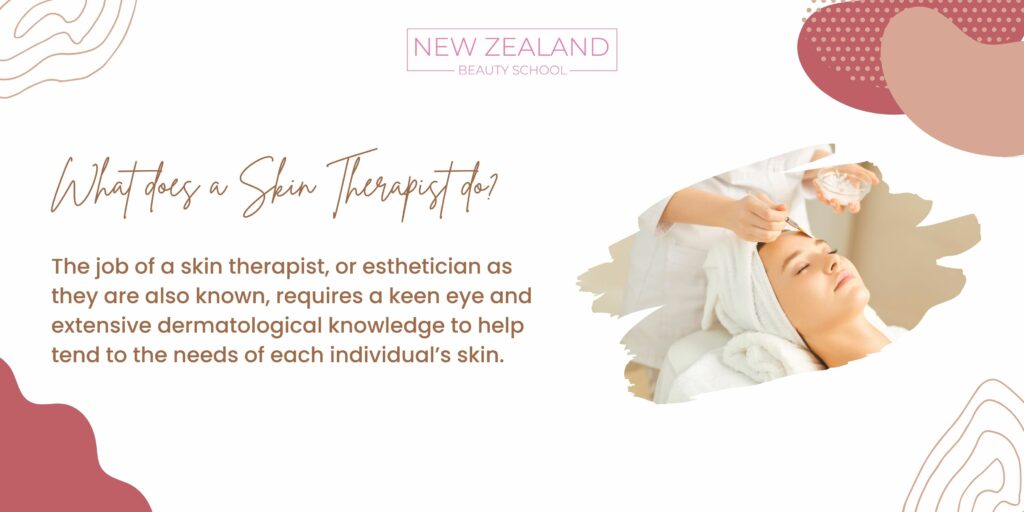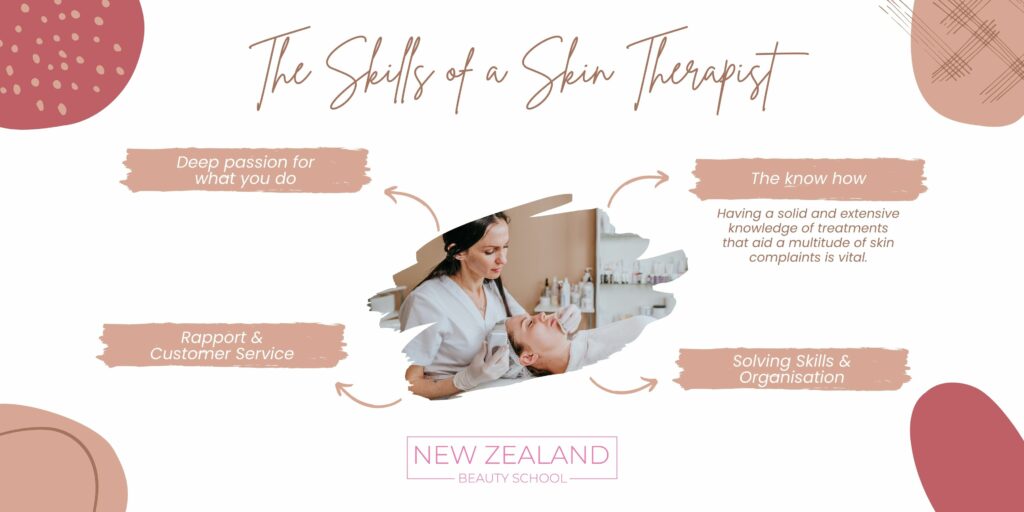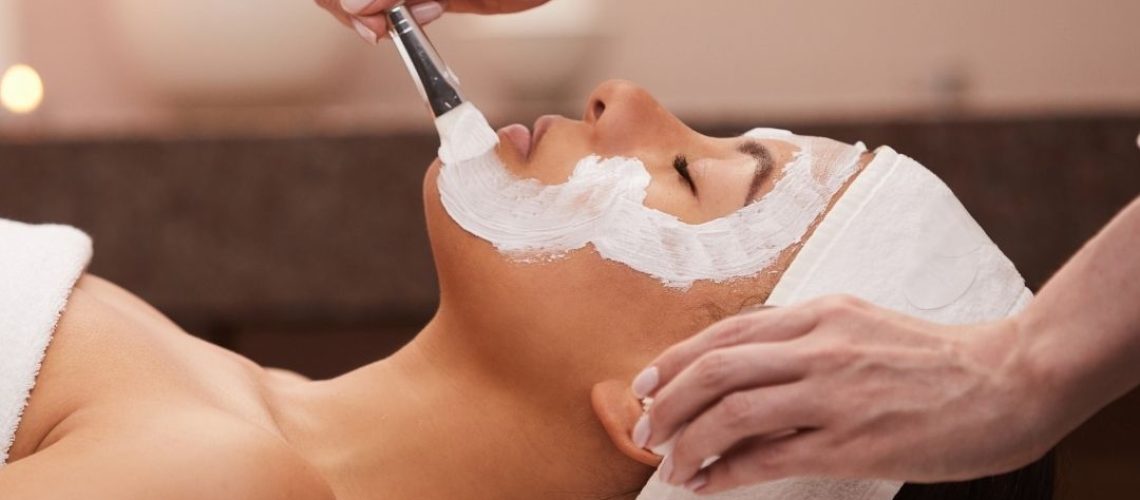Skin is the body’s biggest organ, and yet it is often given the least care.
Our skin is our natural protector against the elements and injury, keeping our vital organs safe from harm. It is a pretty amazing thing; it can keep us warm or cool, tells us if we are allergic to something, it can heal itself, and best of all, each person’s skin is completely unique. It comes in every beautiful shade, sometimes being decorated with freckles and moles and swirls that emulate that of the constellations in the night sky.
Our skin also changes throughout our lifetime – some skin types are more prone to acne and breakouts, redness, pigmentation changes, altering of elasticity, as well as sun damage, which in the beautiful New Zealand sunshine has become pretty common.
With all this in mind, it stands to reason that this beautiful armour should be given a lot of attention when it comes to self-care, right? Skincare is one of the most fundamental routines we can implement into our day to have us feeling good.
Are you someone with a passion for skincare? Have you ever considered attending an esthetician course? If so, this just might be the place for you.

What does a skin therapist do?
The job of a skin therapist, or esthetician as they are also known, requires a keen eye and extensive dermatological knowledge to help tend to the needs of each individual’s skin.
A client may come to an esthetician with a specific problem area they are experiencing with their skin, perhaps a certain goal of something they want to reduce or how they want their skin to look and feel. A skin therapist would then tailor the client’s experience to this particular issue and advise them on products and treatments.
Sometimes a client may not quite know where to start with how to manage and look after their skin type, and therefore it is the job of the skin therapist to offer them this guidance. The therapist will help the client figure out their skin type and advise them how to best treat and prevent certain dermatological issues, at times even recommending further medication or specialist treatment.
A skin therapist must know their industry, staying up to date with the latest products and treatments, as well as ensuring their admin is in order, such as the sterilisation of equipment, client bookings and stock orders.
The skills of a skin therapist
There are some fundamental foundations to be implemented in order to qualify as a skin therapist.
Top of the list is a deep passion for what you do and real care for each individual client and their needs. Skin struggles can really knock someone’s confidence, so being empathic and knowledgeable of solutions will stand you in very good stead.

The know-how
Having a solid and extensive knowledge of treatments that aid a multitude of skin complaints is vital. Keeping track of new products that become available will give you a wider range of options to offer your clients, and increase their faith that you have more than one trick up your sleeve.
Solving skills and organisation
Skin issues will not always be straightforward and can leave a client feeling dejected. They have come to a specialist to seek help and so it is important to have an open mind and several strings to your bow when it comes to figuring out how to best help your clientele.
It is also advisable to be organised when it comes to managing client bookings and maintaining your workspace. Your clients need to know that you are professional and reliable.
Rapport and customer service
Arguably the most important thing in any business is the relationship with its customers. Being approachable and friendly is top of the list when it comes to business excellence, and taking the time to make each client feel like they have truly been listened to will build a positive reputation. This will then hopefully encourage word of mouth to spread, with clients recommending you to their family and friends.
Being focused, punctual and enthusiastic will inspire client confidence in your business.

Qualifying as a skin therapist
Qualifying as a skin therapist will arm you with all the essential skills and know-how from multiple sectors of the industry, some of which include:
- Skin anatomy and nutrition
- Skin conditions
- Skin types
- Analysis of the skin
- Product recommendation
- Steaming
- Extractions
- Cleansing
- Exfoliation
- Toning
- Application of products such as moisturisers, serums and oils
- Face, head and mask massage
- Aftercare
- Client consultation
- Legalities
- Contraindications
- Customer service
- Session prep and setup
Becoming a qualified skin health expert will require you to complete a skin therapist course, which will guide you through the steps to take your skills to a professional level.
There is an abundance of dermal therapy courses and short beauty courses available online, and it may also be worth exploring if there are any schools or courses in your local area too.
Branching out
There are different sectors of the industry to explore, and it is possible to pursue a more clinical approach to skin therapy as opposed to the beauty side. With courses in dermal therapy or dermal science, you will get a greater insight into the more medical side of skin therapy, covering such topics as removal of skin tags, hair, tattoos and leg veins, scarring, wound healing, inflammatory conditions and pre and post-operative skin care.
It is important to look into the different qualifications required for your chosen profession, as some may require a greater depth of training and protocol than others, particularly with clinical skin therapies. Depending on where you are planning to practice, there may be different laws and licence requirements in order for you to carry out your work safely and within legal guidelines.
Here at New Zealand Beauty School, we offer a range of beauty therapy courses online, including a Certificate in Facials, where you will learn transferable skills about how to properly care for and nourish skin to a professional spa-ready level. We also offer a course in Face Waxing and Tinting, in which you will learn about safe hair removal and tinting products for facial hair.
There are so many avenues to explore when it comes to skin therapy, which one will you choose?
